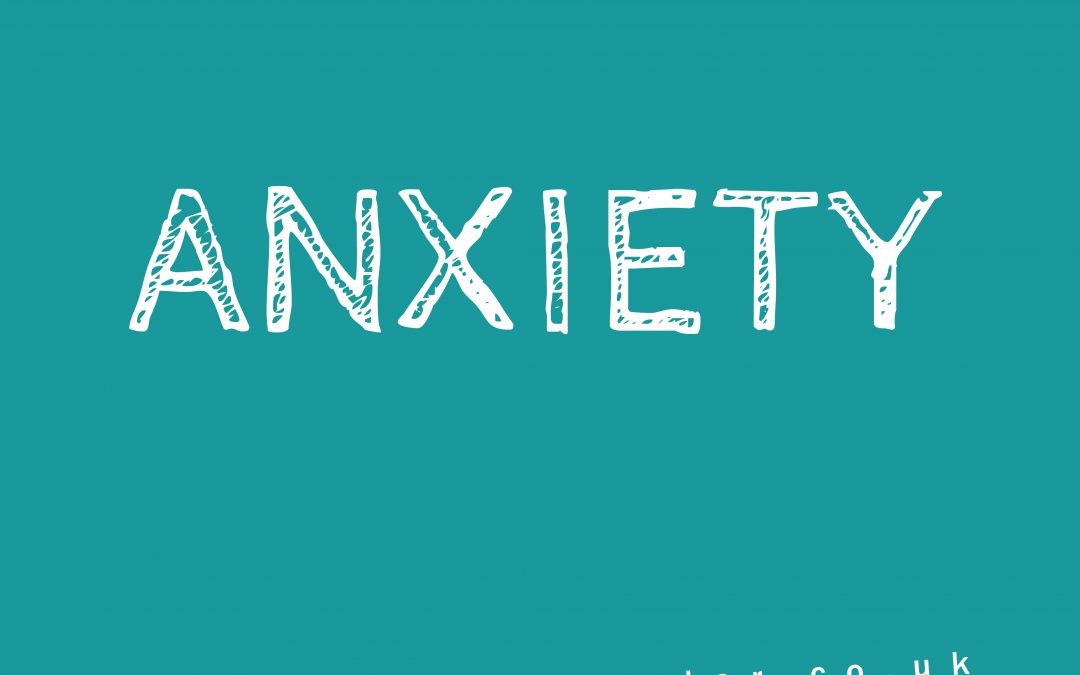Understanding anxiety is difficult when you live with it but watching someone living with it is even more perplexing.
You don’t recognise the dangers that cause the intense fear and extreme behaviours. You can’t feel the quickening pace of the heart, short breaths, the ensuing sweating and the trembling starting in our boots.
You become frustrated as your patience wanes. We cannot snap out of it and get a grip – we’ve tried. Sometimes our paralysing fear cannot be communicated. We just need to do what we need to do to get through this episode, so we can breathe again.
We cannot control our irrational thoughts. No matter how safe we are, we don’t feel it. And we know you can’t see or hear our thoughts, we don’t expect you to get it.
What we would like is some patience and understanding of it being our reality at that minute.
Things we might experience:
- A ‘freeze’ response – where we can’t talk, move or make decisions. We may move slowly or not at all, we lose focus and can’t keep up with conversations. Or we withdraw from participating in anything, we go quiet and want to be invisible or back in our safe zone.
- A ‘take action’ response – where we move fast, talk fast. We may become passive aggressive, rude, short. We lose focus and need to keep mind and body busy to keep the anxiety.
- A ‘refusal’ response – where we refuse to leave the house, get out of the car, enter or exit the classroom, get out of bed, go to work or school – refusing to do anything that pushes us to feel like we might break.
- A ‘Lets pretend’ response – We slap a smile on and do what has to be done. Inside we are struggling with our thoughts, trying to keep our breathing normal, stop ourselves from shaking, stop anyone from seeing clues to what is really going on.
- A ‘meltdown’ response – Emotionally irrational, crying, screaming, shouting – we can’t tell you because we don’t understand it ourselves. We can’t breathe, we feel panicked and trapped and we need to find a way out.
What you can do for us in the moment
- Be patient – in the moment we react impulsively, we feel we have no control, but it will pass.
- Be there, be supportive – we can’t listen to advice or rational guidance in the moment.
- Keep calm – we can feel your calm, even if we don’t acknowledge it.
What we can do together after
- Give me space – I may need a little bit of time to de-escalate my emotional state before my body and mind calm down
- Lets talk about it – when the time is right, reflection is good for understanding what happened during anxiety – use the coaching model guidance below to help.
- Be kind to each other – It can be traumatic for everyone involved when anxiety is at its peak.

